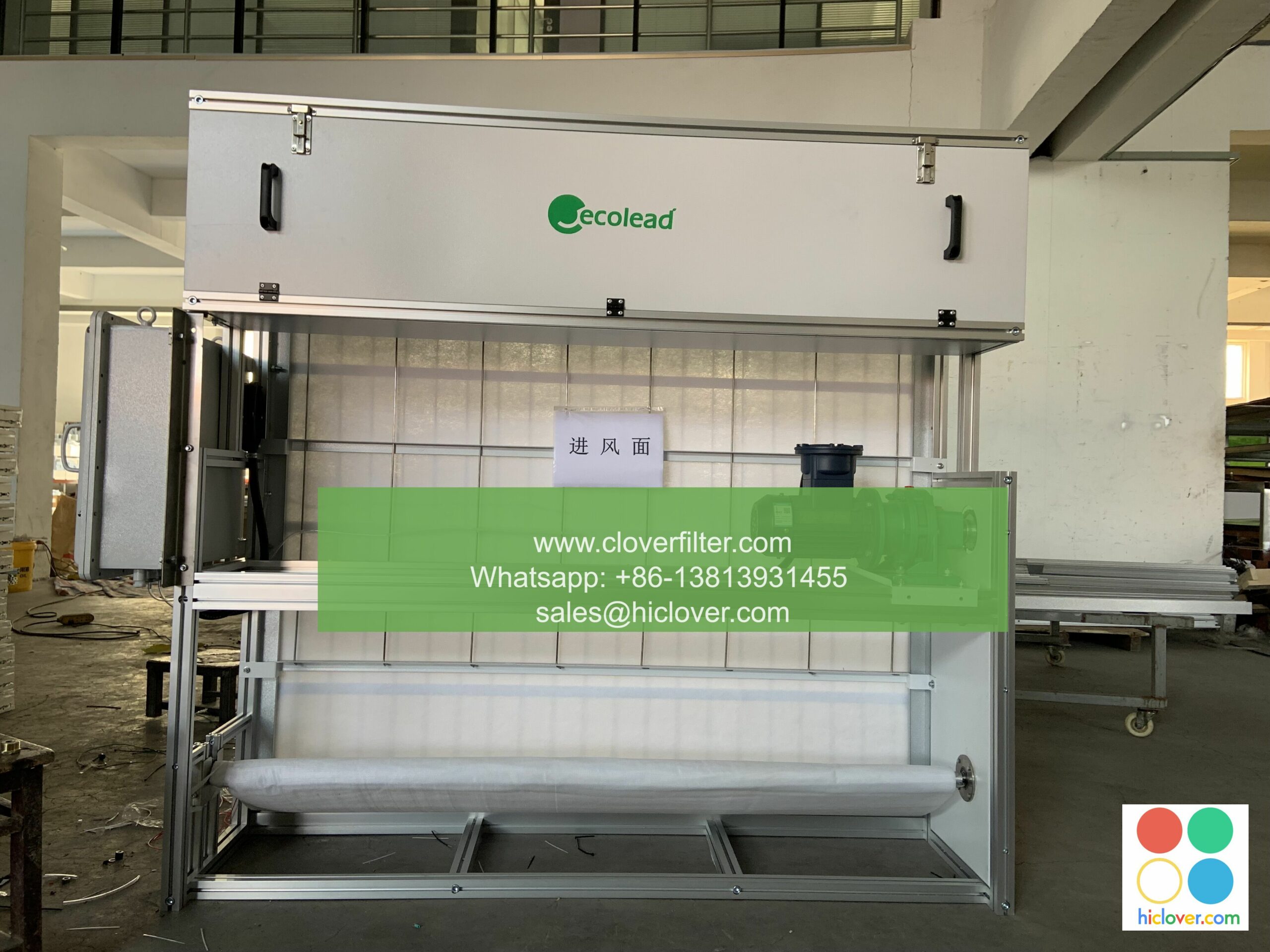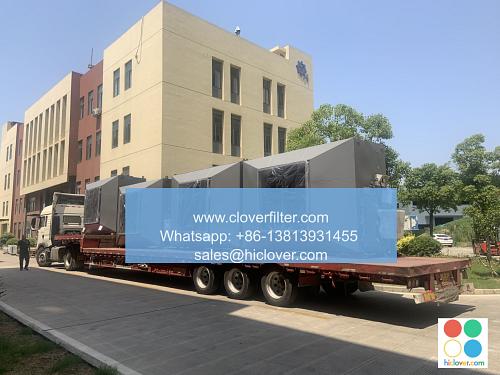Air Filter Myths Debunked: Separating Fact from Fiction

As the world becomes increasingly aware of the importance of indoor air quality (IAQ) and air pollution control, air filters have become a crucial component in maintaining a healthy and safe environment. However, with the rise of air filtration systems, several myths and misconceptions have emerged, leaving many unsure about the effectiveness and benefits of these systems. In this article, we will debunk common air filter myths and separate fact from fiction, highlighting the various application areas where air filters play a vital role.
Myth #1: All Air Filters are Created Equal
One of the most common myths is that all air filters are the same, and that any filter will provide adequate protection against airborne pollutants and particulate matter (PM). However, this is far from the truth. HEPA filters, for example, are designed to capture 99.97% of particles as small as 0.3 microns, making them ideal for hospitals, cleanrooms, and other high-sensitivity environments. In contrast, basic air filters may only capture larger particles, leaving smaller pollutants to circulate in the air.
Myth #2: Air Filters are Only for Allergy Sufferers
While it is true that air filters can provide significant relief for allergy sufferers, they are not the only ones who can benefit from these systems. Air filters can also help to remove bacteria, viruses, and other microorganisms from the air, making them essential for healthcare facilities, schools, and other public spaces where infectious diseases can spread quickly.
Myth #3: Air Filters are a Replacement for Regular Cleaning
Some people believe that air filters can replace regular cleaning and housekeeping practices. However, this is not the case. While air filters can help to remove pollutants and particles from the air, they are not a substitute for vacuuming, dusting, and other cleaning tasks. In fact, air filters work best when used in conjunction with regular cleaning and maintenance practices.
Myth #4: Air Filters are Too Expensive
Another common myth is that air filters are too expensive and not worth the investment. However, when you consider the long-term benefits of improved indoor air quality and reduced healthcare costs, air filters can actually be a cost-effective solution. Additionally, many air filter manufacturers offer affordable options and replacement filters that can be easily installed and maintained.
Application Areas for Air Filters
Air filters have a wide range of application areas, including:
- Homes and residential buildings
- Commercial spaces, such as offices and retail stores
- Healthcare facilities, including <b*hospitals and clinics
- Industrial settings, such as factories and manufacturing plants
- Schools and universities
- Transportation systems, including cars and airplanes
In conclusion, air filters are a vital component in maintaining good indoor air quality and reducing air pollution. By debunking common myths and understanding the various application areas for air filters, we can make informed decisions about how to best use these systems to protect our health and wellbeing. Whether you’re looking to improve the air quality in your home, office, or public space, air filters are an essential tool in the fight against airborne pollutants and particulate matter.
You haven’t asked a question or provided any context. What would you like to talk about?

